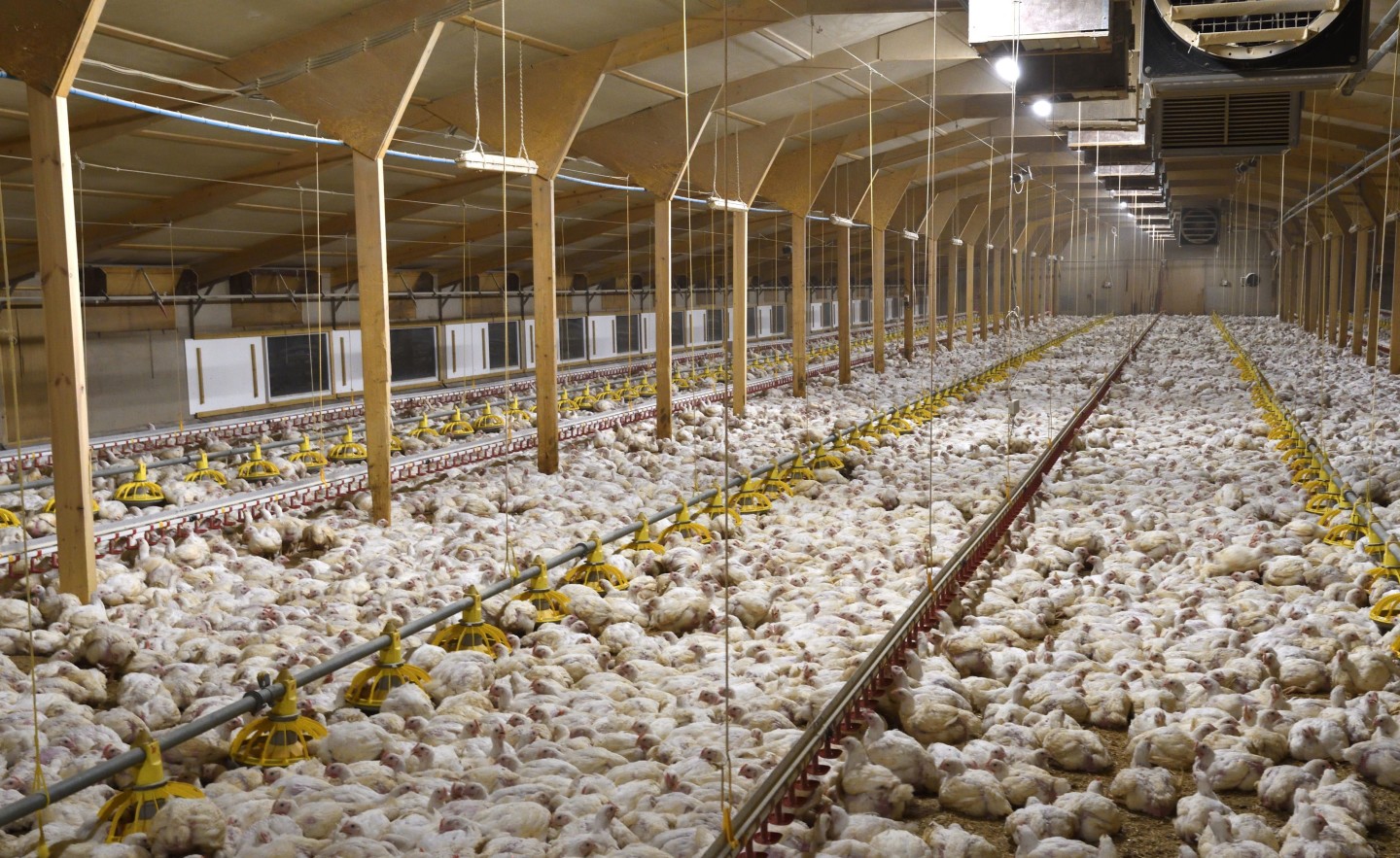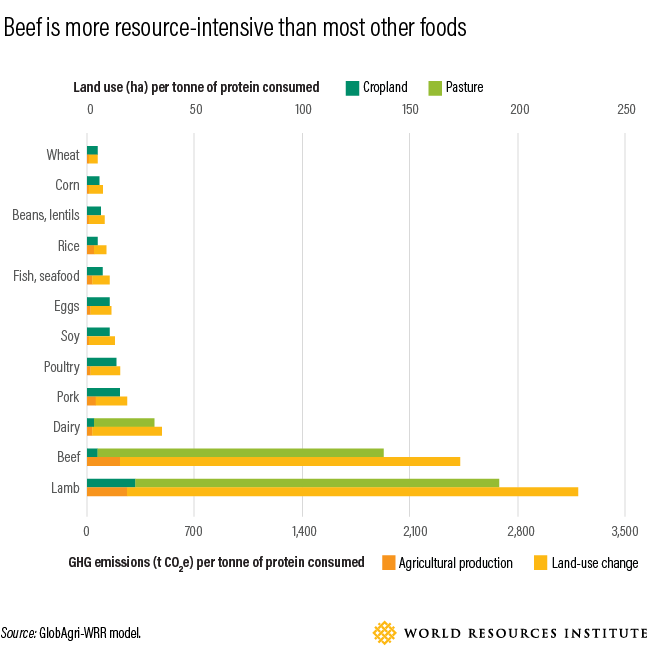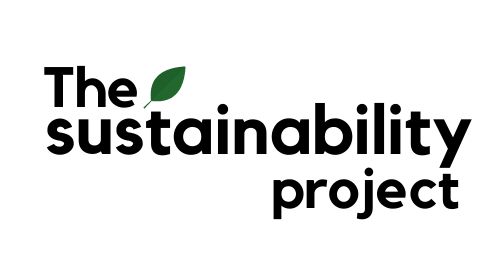This article was written by Laraine.
I’ve been a carnivore for most of my life. However, about six years ago, I decided to become a vegetarian.
Before becoming a vegetarian, I’d often contemplate the chunk of meat before me, wondering about its life and its untimely death. The chicken, cooped up in squalid and overcrowded conditions, is sent to the slaughterhouse after 40 days. All this for the sole purpose of ending up on our chopping boards.
As an animal lover, there’s always been an underlying sense of guilt in me, and the aha moment came when I was talking with some fellow animal lovers. One of them questioned the difference between consuming dogs, cats, pigs, chickens, and the like. His question made me think. Is there a huge difference between animals and us? If humans believe that humankind is superior and above all other creatures, isn’t it our responsibility to be guardians of all life? It was then that I decided that I should become a vegetarian.
Why did I choose to become a vegetarian
I adopted vegetarianism for 1) the love of animals—you guessed it—and 2) our planet. Our food system is pegged to controversies surrounding animal welfare and climate change. Yet, we’re sometimes unaware because we’re so distant from the process; we only see them nicely packed in supermarkets, and it’s easy to ignore everything that happened before that.
A farming system filled with misery

Image source: Animal Equality International
“The farming system we rely on is woven through with misery,” says American novelist Jonathan Safra Foer’s opinion piece for NY Times.
It’s time to face the grisly reality of the inhumane treatment of the animals in the food system. Chickens in factory farms are shackled in overcrowded and squalid conditions, with little space to move, let alone forage and explore as they are naturally inclined to. The chickens have been genetically modified, which affects their hearts and lungs, often resulting in chronic illnesses.
Such inhumane treatment doesn’t just happen in the meat and poultry industry. It occurs in the dairy industry as well, where production diseases like mastitis, lameness, and infertility are common. Also, calves are separated from their mothers before weaning, which may increase their mortality rates and vulnerability to diseases.
Some dairy farmers, however, “remained sceptical of the health and welfare for the cows and calves”. More research on cow-calf separation is still ongoing, but the sight of the helpless mother cow chasing after its calf is so heart-wrenching. I’m not dairy-free yet, but I’ve been trying really hard to cut my intake.
Our addiction to meat is killing the planet
Let’s face it: our diet puts a heavy toll on the environment. As Mike Barrett—the executive director of science and conservation at the World Wildlife Fund—says, “We live on a planet where nature is being squeezed out,” and I couldn’t agree more. Here’s why:
According to the Food and Agricultural Organisation (FAO), approximately 60% of the agricultural land is used for rearing livestock.

Image source: World Resources Institute
According to the diagram from World Resource Institute (above), rearing beef requires approximately twice as much land per gram of protein as chicken and pork. It also requires 20 times more land and emits 20 times more greenhouse gases than the equivalent amount of plant-based proteins. Thus, it’s not surprising that beef production is the leading cause of deforestation in tropical rainforests such as the Amazon.
On top of that, a quarter of the world’s greenhouse gas emission is pegged to agriculture and other related land use (i.e., soy cultivation for animal feed). Greenhouse emissions from livestock include methane, typically from Bovine belching—cow burps—and it can be up to 34 times more damaging to our planet.
In contrast, a plant-rich diet would require fewer resources like land and water, emit less greenhouse gas and help to improve the welfare of our animals. It also frees up more agricultural land, which is vital to feed a growing world population.
What I enjoy about being a vegetarian

Being a vegetarian has its benefits as well; it’s easier on our pockets and better for our health!
Plant-based proteins like tofu, lentils, tempeh, and chickpeas are more affordable than animal proteins. With a wide variety of choices available, it’s easy to whip up delicious meat-free and healthy meals! Studies have shown that a plant-rich diet may help to reduce the risk of heart disease, stroke, diabetes, and cancer.
Personally, I feel less sluggish (no more post-meal food coma!), and my digestive system’s much happier; if you know, you know. 😉
Five tips for becoming a vegetarian
We need to change the way we eat, but that doesn’t mean you have to give up meat entirely if you don’t want to; check out NY Times food reporter Melissa Clark’s tips for eating less meat. But if you’re keen on becoming a vegetarian, here are some tips for you:
1) Take baby steps
You don’t have to change your diet overnight. Instead, you can do it slowly and gradually. For example, you can start by going meatless once a week, or be a weekday vegetarian, etc. You can try being a pescatarian too, if you like seafood (try to choose sustainable choices if possible). The key here is to start slow so you can maintain your vegetarian diet easily.
2) Know your ingredients

Understand the ingredients available to you, and look for meatless options! You’d be surprised, like I was when I first discovered the different soy proteins like soy chunks, soy sheets, soy sticks, etc. If you’re searching for that familiar texture of meat, there are many meatless options available in the supermarkets, such as Beyond, Quorn, and Impossible, to choose from. Find out your favourite ingredients and build a recipe for yourself from there. If you’re interested, you can read up on improvisational cooking!
3) Experiment and have fun
Get creative with different vegetarian recipes, and grab a friend to join you! Look for recipes online, bookmark your favourite recipes, and have a cooking date together. An extra pair of hands won’t spoil the soup; it’d be double the fun!
4) Plan ahead

Meal prep is my favourite thing to do on the weekend. I love planning recipes and reinventing the leftovers (because who likes to eat the same thing five times a week) to keep food waste to a minimum. Also, it’s handy to take note of the vegetarian restaurants around you or the places you’re heading to! It makes it easier for you to stick to your diet. Pro-tip: you can save restaurants on Google maps!
5) Be kind to yourself
This is the most important tip! Always be kind to yourself, don’t be too hard on yourself if you missed one of your Meatless Mondays. The guilt can get to you and make your journey harder. Again, you don’t have to force yourself to go meatless entirely overnight. It’s a lifestyle change after all, and it will take time. Go slowly and gradually!
I’m not trying to make you a vegetarian (but if this convinced or inspired you, then hurray!); I’m trying to leave you a tiny breadcrumb trail and hopefully set you off on your less-meat-more-plants-diet journey. We can only make better choices if we’re more aware of the impacts of the food we eat. Keep yourself updated by reading or watching documentaries.

